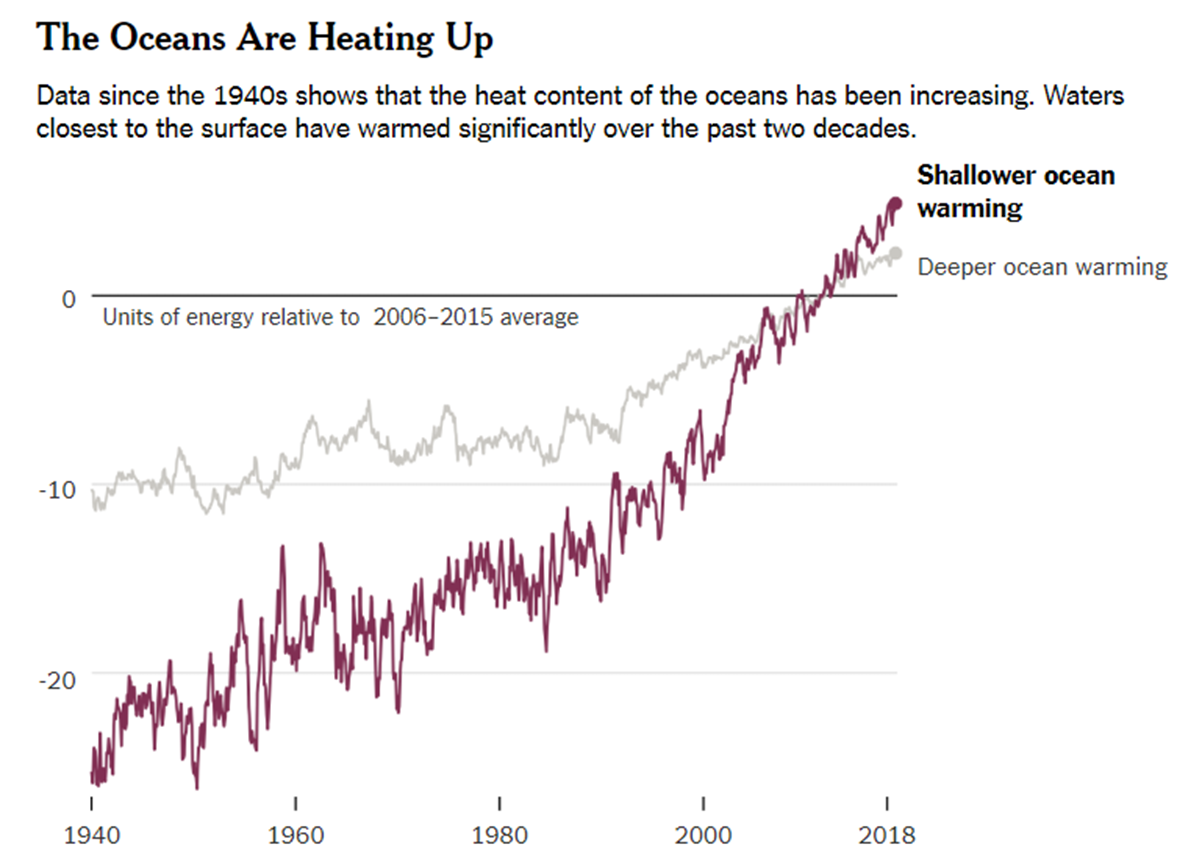Natural Causes of climate change
Global warming is an increasing concern in the world caused by the excessive release of greenhouse gases. It is causing a devastating impact on the environment and affecting the quality of life. Natural causes are difficult to control since they are sometimes beyond human capabilities. However, effort should be made to manage certain situations such as forest fires by responding effectively to put them off. Moreover, human activities can influence natural disasters particularly when they interfere with natural processes. Flooding may occur because of activities such as agricultural activities, urban development, deforestation, hydroelectric power, and the destruction of wetlands. Inappropriate mining can create permanent landscape modifications such as drying up of oceans while building dams can trigger earthquakes.
Man-made Causes of climate change
Humans have played a great role in climate change particularly global warming because of engaging in activities that affect the environment. Failure to prioritize environmental issues and not being concerned about the impact of human activities on the environment has continued degrading natural resources. Effective regulations should be established to hinder activities that cause the generation of carbon dioxide and other greenhouse gases. The time has come when every nation should start prioritizing environmental issues more than other factors such as economic and social.
The Potential Impact of Global Warming
Global warming is likely to cause a severer impact if sufficient measures are not taken to address the problem. The potential impact could affect the quality of life in a great way and cause more suffering to humans. Increasing deserts would affect the availability of food and water resulting in the development of new diseases and hunger. The potential impact could be the reduction of human and animal population, as the world becomes a harsh environment. Drying up sources of water and flooding the other areas would kill many animals and interfere with important activities such as mating.
The Current Impact of Global Warming
Global warming is causing devastating effects, and worsening many disasters such as droughts, storms, and heatwaves. The warmer climate tends to retain, collect and then drop more water influencing the weather patterns to change where dry areas become drier and wet areas wetter (Price et al., 2020). The problem increases stress on the ecosystem following water shortages, pest and weed invasions, and salt invasions.
The rising cases of drought following the shortage of rainfall are threatening the lives of many people living in those regions. Extended dry seasons affect the availability of food to both humans and animals. On the other hand, rising sea levels along the coast have displaced people forcing them to move to higher regions. This is increasing pressure for resources as people move to settle in other areas. Moreover, some parts of the world such as the Midwest are experiencing extreme hot events and temperatures are likely to worsen unless sufficient measures are taken to address the problem. Extreme temperature increases health risks and influences the development of new ailments that were not common in the past.

Possible Solutions to Global Warming
Everybody has a role to place in the elimination of the global warming problem in the world. It is important to avoid cutting trees and reduce the utilization of energy to protect the environment. Small energy-saving practices such as unplugging gadgets, switching off lights, and using public transport can have a great impact on the reduction of global warming.
Current Implication of Global Warming Solutions
The current solutions focusing on the reduction of global warming have brought many beneficial changes and remedies. Many organizations have been developed to enhance innovation and technology in the innovation of eco-friendly machines. For instance, there has been increased investment in solar and wind energy in an attempt to reduce the use of fossil fuels. Many states have launched campaigns to educate the public on the importance of environmental conservation to create a favorable environment for future generations. People have started changing their behaviors and actions to reduce their carbon footprint.
References
Kweku, D., Bismark, O., Maxwell, A., Desmond, K., Danso, K., Oti-Mensah, E., Quachie, A., & Adormaa, B. (2018). Greenhouse effect: Greenhouse gases and their impact on global warming. Journal of Scientific Research and Reports, 17(6), 1-9. Web.
Price, M., Rowntree, L., Lewis, M., Wyckoff, W. (2020). Globalization and diversity (6th ed.). Pearson.